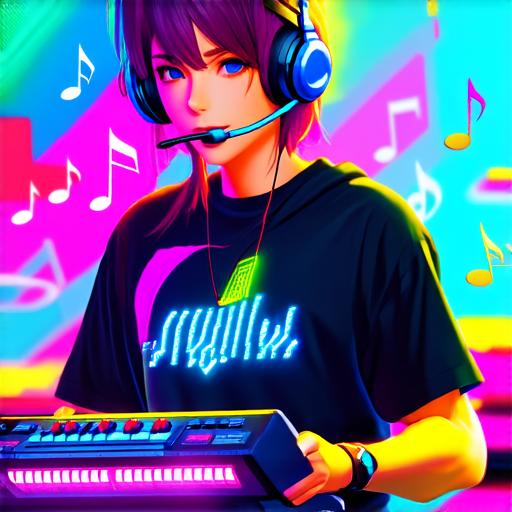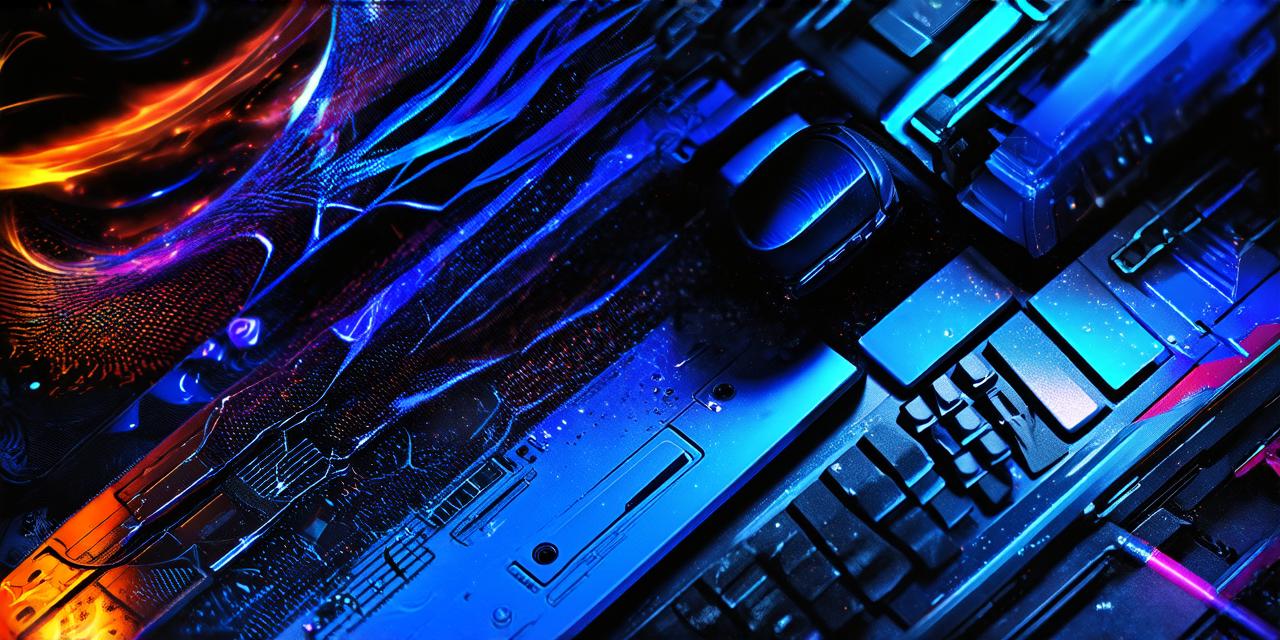Before We Begin: Understanding Indie Video Games and Music Licensing

Indie video games are a growing segment of the gaming industry, with many small teams and individual developers creating unique and innovative games that often stand out from their larger counterparts. As a musician, you may be interested in getting your music featured in one of these games, but before you start, it’s important to understand how licensing works.
Licensing is the process of granting someone (usually a game developer) the right to use your music in their product, typically in exchange for payment. There are two main types of licensing: synchronization and master use. Synchronization is when your music is used in conjunction with visual elements, such as dialogue or sound effects, while master use is when your music is used as background music.
There are also different types of licenses based on the length of time the music will be used, the number of copies sold, and other factors. In general, it’s important to choose a license that suits your needs and protects your interests.
Finding the Right Game Developer
Now that you have a basic understanding of licensing, it’s time to start finding game developers who are interested in using your music. There are several ways to do this, including:
- Networking: Attend industry events and connect with other musicians, game developers, and industry professionals to build relationships and promote your work. You can also join online communities and forums dedicated to indie gaming and music.
- Online Marketplaces: There are several online marketplaces that connect game developers with musicians looking to license their music. These platforms often have a vetting process to ensure that the music is of high quality and suitable for use in games.
- Direct Outreach: You can also reach out to game developers directly, either through email or social media, to pitch your music. This can be more time-consuming, but it can also lead to more personalized opportunities.
When reaching out to game developers, it’s important to have a clear idea of what you’re offering and what the game developer needs. Be sure to include information about your music, such as a demo or links to your website, as well as any relevant information about yourself and your experience in licensing your music.
Marketing Your Music Effectively
Once you’ve found a game developer who is interested in using your music, the next step is to market your music effectively to attract more opportunities. Here are some tips for marketing your music:
- Create a Demo: A demo of your music can be a great way to showcase your skills and attract potential buyers. Consider creating a demo that highlights the best aspects of your music and includes information about yourself as a musician.
- Build Your Portfolio: Your portfolio is your online presence and should include all of your work, including music samples, photos, and any other relevant materials. Having a professional-looking portfolio can help you attract potential buyers and showcase your skills.
- Promote on Social Media: Social media can be a powerful tool for promoting your music. Consider creating social media profiles on platforms like Facebook, Twitter, and Instagram to share updates about your music, connect with other musicians and industry professionals, and promote your work.
- Network: As mentioned earlier, networking is an important part of building a career in the music industry. Attend industry events, join online communities, and connect with other musicians and industry professionals to build relationships and promote your work.
The Importance of Music Licensing Agreements
When licensing your music to a game developer, it’s important to have a clear and comprehensive music licensing agreement in place. This agreement should include details about the length of the license, the payment terms, and any other relevant information.
It’s also important to work with an experienced music licensing attorney who can help you draft a legally binding agreement that protects your interests. An attorney can also help you navigate any legal disputes that may arise during the licensing process.
Real-Life Examples of Successful Music Licensing in Indie Games
Minecraft: The popular sandbox game Minecraft has used a variety of music from different artists, including Toby Fox and Daniel Rosenfeld, to create unique and memorable soundtracks for the game.
Portal 2: The puzzle-adventure game Portal 2 features original music composed by Jonathan Coulton, which has become one of the most iconic themes in gaming history.
Undertale: The RPG Undertale features an original score composed by Toby Fox, which has received critical acclaim and helped to establish the game as a fan favorite.
Summary
Getting your music on an indie video game can be a great way to reach a wider audience and take your music to the next level. By following these steps, you can find the right game developer, market your music effectively, and negotiate a successful music licensing agreement. With hard work and determination, you can make your dreams of becoming a successful musician in the gaming industry a reality.
